Latest News
Exclusive Interview: Jonathan Power, Founder and MD of Voxbet
European Gaming talks to Jonathan Power, Founder and MD of Voxbet, about the company’s rise to prominence in the sports betting space and making waves in genuine innovation with its latest betting microphone for sportsbooks.
What was your industry background before you started Voxbet as Onionsack in 2006?
My background was in fintech. My co-founders and I had a background in modernising banking tech for the big UK and Irish banks in the 1990s. We did that until the mid-2000s, and I was always very keen to have my own gig. I wanted to enable something that would enable people to conduct value transactions by text message. This was before the smartphone, but we built a platform that could prove it was you who sent the message. We came up with a number of applications for that technology, but the target was fintech and person-to-person payments.
What I knew from my experience with fintech was that the banks won’t touch anything that hasn’t been proven in another industry. We did a few things. We had person-to-person payments, share trading, we offered the buying of concert tickets, but we chose sports betting. You could make a bet by writing what you would write on a betting slip and sending it in a text message. We would read the text message and know who you are. If it was a high-value transaction, we would prove it was you that sent it by calling you back and taking a print of your voice.
I took a punt that the betting industry would try something like that. I went to a trade show in November, and we went live with the Tote in the UK the following June. It was a time when you could get things done. I never left the industry, and even though I say I’m from a fintech background, I’m actually more from a sports betting background now, in terms of years served.
Did yourself and your partners know much about the sports betting space going into it?
I did as a punter, but I didn’t know who to talk to. I took a stand at a trade show and we did well out of it. From there, we did deals with William Hill and Paddy Power, so we built a nice little business out of that. Smartphones then made text betting quite niche quite quickly, but people who bet with us via text in 2006 still do that with us now. We made a massive pivot (in branding terms, more so than technologically) to move into voice betting about a year-and-a-half ago, and we’ve been Voxbet ever since.
With text betting, what would a supplier offer as opposed to an operator saying “text us on this number”?
We would have read the message and understood it. Everybody is uniquely identifiable by their phone number, so we would know it was you, we would know you had the device in your hand, and what it is you wanted. There was about an 80% chance we could read the message and place the bet automatically, before sending you back confirmation, and there was about a 20% chance we wouldn’t understand it with 100% certainty; in which case we needed a call centre agent to bring some human intelligence to the interaction. That’s the platform which is up and running and it’s still used in a number of places, but it’s not what we’re presenting to everyone now. Everything now is all about voice.
When it came to the voice tech, what did your research tell you about what was missing in that space and were many other suppliers offering it at the time?
There were two things we noticed. The first is that tens of billions of dollars are being spent on voice by big tech companies. Google, Microsoft, Apple, Amazon and IBM all have massive products in the voice space and have spent tens of billions acquiring companies in that space. They have made a huge bet on the future of interacting digitally being voice.
The other factor is an awareness that there’s so much content on the sports betting side now. When sports betting sites first went online, it was more or less taking the shop coupon and putting it on a web page; it was that simple. When Google launched in 1997, there were two million websites in the world; there are now two billion. One sports betting site now offers more than two million things you can bet on, but there was still a way of navigating things before Google entered the scene, where you would go through layers and layers of menus. That’s a poor user experience and it’s not an experience for people other than existing gamblers who have had no choice but to use that system. Young people won’t use it like that. If Spotify was laid out the way a sports betting site is laid out, nobody would use it; it would be unusable. People are used to getting what they want everywhere else online.
This wasn’t something sports betting suppliers had tried before, and it actually turned out to be much more difficult than we expected. We thought we could plug into the existing engines like Google and IBM. They work really well to about 90%, but then they apply artificial intelligence which can change what a customer is saying to something that they didn’t say. Sporting parlance is quite unique. If I said to Google that I wanted a £20 treble on Liverpool, Leeds and Coventry, it will say you want £20 travel to those places! That’s actually a benign example and there are some brand-damaging examples. It’s not the sort of thing you could launch with the kind of mistakes those engines can make, so we’ve had to adapt to that and come up with something specific to sport.
How did you go about creating the technology that could iron out those issues you mention?
We knew an awful lot about sports betting language from our text betting days. We started out on the assumption that if you could understand a bet which is expressed in words, you could understand a spoken bet. But as I say, it did turn out to be more of a challenge than we thought it would be.
The way we have fixed that problem is by creating a dictionary where the only thing that dictionary understands is sporting terms, and we recompile that dictionary every hour, based on which events are on. We’re working on the assumption you won’t bet on something today that starts in a week’s time, and the universe of what you’re trying to understand becomes too complex if you look too far ahead. I’d say 99% of our traffic is for events happening soon. If it’s not accessible by voice, it’s still accessible the old way. You can make the problem much smaller if you say people are betting in this space right now, and then you recompile the language to be relevant to sports betting in this moment. If you keep recompiling it, it will then be phenomenally fast and accurate.
Does this work just as well then if I want to bet on a complex Betbuilder as much as a single match?
It’s working on racing at the moment, and it will do anything up to the most complicated place bot in one hit. You can say ‘£5, place bot,’ and call out all your horses. The target is to eventually include Betbuilders. Once we can do that on horse racing, we will know we can do it on other sports as well.
So how many sports can it work for right now and what sports are you planning to expand to?
In English, the rollout will be in three phases. The first is for horse racing, which is ready to go. The second is for football, which we’re working on, and the third phase is everything else.
How significant could this be for operators, in terms of the percentage of bets that could be placed this way?
That’s something we will begin to understand after we launch. We’re working on an integration in Asia, and in the UK, it will launch before Cheltenham. We don’t know yet, but what we do know from our text betting metrics is that the people who want the easiest way of betting are the people who bet a lot. The average user of a betting app might bet 12-15 times per month. The average user of text betting in France for example bets 160 times per month. Simplicity appeals to those who interact a lot with sportsbooks, and they’re very important customers who are currently poorly served by having to do a lot of digging.
Are you particularly looking at younger demographics within the serious bettor demographic?
We’re after two key demographics. The first is more important in value terms rather than volume terms, so for those who know what they want, we want to give them an easier journey. The second cohort is younger people who engage digitally with their voice every day already. They use interfaces like Spotify and TikTok, and have never had to navigate something like a sportsbook, so that’s a key market for us as well.
Would I need to be logged into the app to use the voice technology?
The intention with our bet mic is that you’re inside the app. We give operators a widget that they can put on their homepage. You press and hold the microphone, say what you want and let go. That then brings you to the betslip.
How compatible would that be then with something like Alexa?
Alexa won’t work for this. It was something we looked into. We did demos on it and it looked impressive when it worked, but the problem at the moment is that Amazon will translate what a customer said to Alexa, and it just gives you the transcript. Amazon has to do that without any context of what you said, so it’s actually phenomenally impressive that it comes even close, but most of the time, it doesn’t come close enough. You can get it to work, but it doesn’t work at a high enough level of accuracy. At the moment, I would say ours will work 99% of the time and produce exactly what you said. It becomes much simpler when you have context, but that means you can’t use tools like Siri and Alexa, because they work without context.
How challenging will it be to get across to people that this is a different way to bet from what people are used to? How will you change people’s mindset and make this the first thing they think to do with a betting app?
People of my age learn from younger people. I see my children do something and then I start doing it. It’s partially going to be down to operators to get it across to their customers that there’s an easier way of doing things. When you see a microphone, you tend to know what it’s for. If you see a microphone on the homepage of a sportsbook, you will wonder if you can just speak your bet.
The likes of Waterhouse VC have invested in your business. What has that investment been used for specifically and are you still looking for further investment?
Industry heavyweights open doors and their evangelism is transformative to us as a company, because people really listen to them. We use the word ‘ubiquity’ 10 times a day, and that’s our target. We know that when the right innovation hits the industry, everybody wants it. That’s what happened with in-play betting, cashout and in-game multiples, and we think this is in the same category. Those investors can change this from being a niche product which a few people think is cool to something that will become ubiquitous. We’re not looking for further investment. We have a trading business with our text betting, and that’s something we will look at, but not right now.
What is their equity in the business?
A lot of deals like that these days are structured with underlying options. They’ve bought a small piece but they’ve got an option for a bigger piece. I’d advise any innovator to look at offering industry evangelists deals that are structured like that, because it means they’re not penalised for the value they create. They can buy more at the same value as when they joined the business, even when it’s worth significantly more. All of them have put their own money in.
Does their collective ownership come to around 10% or less than that?
I’d say collectively it’s around 10%, but they have options to go nearer to 20-25%.
What do you think really needs to improve in the area of voice technology and how will you take it on a level?
I think the big tech in this space is amazing and I wouldn’t want to be seen to be in any way critical of it, but they’re working without any context. If you use Google’s voice dictation, it’s phenomenally accurate, but it is having to do that without context. You’ve got so many things happening in a sportsbook, and even if you want to ask about events in the next three hours, it’s too much to ask Google to understand that model, because there’s too many terms.
I think the big tech engines aren’t sufficiently adaptable to customer-facing scenarios in a B2B sense, but the business knows the context. I could be at an insurance company, and I know when someone sends me a voicenote over WhatsApp, they’re going to be talking about making a claim or wanting a renewal. The amount of language that’s relevant in that scenario is a very small fraction of what they’re able to understand, but because they’re open to understanding everything, they get more wrong. I think the ability to configure their platforms for a very narrow context is what makes us different.
How many operators have you partnered with and how many will you go live with at Cheltenham?
We have one media company which we will go live with, and they work with 10 UK bookmakers, so there will be bets placed with this at up to 10 major UK bookmakers.
Going forward, which markets will you focus on?
English is a priority. Everybody wants to focus on the US, but for us, we are also focusing on the Chinese language. We’ve got our platform working for the Asian market, so if we can do that, we can do anything. English will be the priority, but our biggest customer is PMU in French, which is easy for us to do. We’re undecided but we will take the opportunities where they come. A new language requirement will take about a month for us to get it working.
Do you have a target for the number of sites you want to be live with in the next few years?
We want to be live on at least 100 sites in three years and want to be on almost every site within five years.
How will the technology evolve over the next few years to allow that to happen?
The voice technology that’s out there is good enough. It will really depend on whether operators want to offer a chat-style user interface, where a customer can say: ‘I want to bet and I fancy Liverpool to beat Spurs tonight. What will the price be if put 20 quid on that?’ That’s not our approach. We just want customers to say: ‘£20, Liverpool to win.’
The whole area of what’s happening with ChatGPT and AI could change what user experiences people want and how they want to engage. I think people want to engage with technology as though it’s technology and want to engage with people naturally. It would be sad if people wanted to engage with technology as though it’s a person, but that doesn’t mean it won’t happen.

Latest News
GGPoker Launches WSOP Express: Your Fast Track To Poker’s Biggest Live Events!
GGPoker, the World’s Biggest Poker Room, today announced the launch of WSOP Express, a revolutionary new series of online qualifier tournaments designed to give every player the chance to win their way into the most prestigious live poker events on the planet.
WSOP Express utilizes a simple ‘steps’ format, allowing players to embark on their journey to glory from tiny buy-ins:
- Step 1: All-In or Fold 4-max Sit & Go – $0.50 or Step 1 ticket buy-in – Step 2 ticket prize
- Step 2: Spin & Gold 6-max Sit & Go – $2 or Step 2 ticket buy-in – Step 2-4 ticket or WSOP Pass prize
- Step 3: Turbo Tournament – $10 or Step 3 ticket buy-in – Step 4 ticket prize
- Step 4: Regular Tournament – $150 or Step 4 ticket buy-in – Ring Pass or Bracelet Pass prize
Players can start at Step 1 or buy directly into any step, making the path to live tournament poker accessible to all.
GGPoker will also host special step tournaments, which participants can play to win the bigger WSOP Express passes:
- Bracelet Step: Regular Tournament – $1,000 buy-in or ticket – Bracelet Pass prize
- Super Step: Regular Tournament – $2,500 buy-in or ticket – Super Pass prize
Free WSOP Express tickets can be claimed through various exciting promotions, including cash game challenges and more.
The available WSOP Express passes are:
- $5,000 Ring Pass: Your ticket to WSOP Super Circuit Live Events, this pass includes event buy-in plus expenses
- $10,000 Bracelet Pass: Grants entry to $10,000 WSOP bracelet events, such as next year’s iconic WSOP 2026 $10K Main Event in Las Vegas
- $30,000 Super Pass: The ultimate package for the WSOP Paradise Super Main Event, including your $26K entry, discounted accommodation at the exclusive Atlantis Paradise Island resort, and more
A key focus of WSOP Express is to open the doors to the newly announced WSOP Paradise 2025 Super Main Event. Taking place this December at Atlantis Paradise Island in the Bahamas, this monumental tournament boasts a record-breaking $60,000,000 prize guarantee, making it the largest live poker guarantee in history, shattering last year’s impressive $50,000,000 Super Main Event guarantee.
Sarne Lightman, Managing Director of GGPoker, shared his excitement: “This is a game-changer for the GGPoker community, literally. Imagine starting with a tiny buy-in and winning your way into the biggest live poker events on the planet, including the record-breaking $60,000,000 guaranteed WSOP Paradise Super Main Event in the Bahamas! WSOP Express is designed to turn dreams into reality, making the pinnacle of poker truly accessible for everyone – play WSOP Express and take the fast track to the WSOP!”
The WSOP Express journey is straightforward: complete steps, earn your pass, and enter the WSOP experience. This streamlined process ensures that players can easily track their progress towards their desired live event.
Visit GGPoker today to start your WSOP Express journey and take aim at poker’s biggest prizes: ggpoker.com/tournaments/wsop-express/
The post GGPoker Launches WSOP Express: Your Fast Track To Poker’s Biggest Live Events! appeared first on European Gaming Industry News.
Latest News
Week 29/2025 slot games releases
Here are this weeks latest slots releases compiled by European Gaming
Spinomenal has rolled out the latest addition to its iconic Demi Gods Series: Demi Gods VI Hold & Hit. In this new release, players are transported to a mystical realm surrounded by ominous mountains and swirling mists. The adventure unfolds within a 5×3 reel frame, where electric anticipation crackles around each spin. Atlas, Selene, Helios, and Hera are once again the main protagonists on a mission through ancient Greece in the hunt for glory.
Million Games is thrilled to announce the launch of Fortune Fairies, an enchanting new video slot that takes players into a mystical forest filled with magic, rewards, and a jackpot. This 5×3, high volatility slot invites players into a world, where ethereal fairies, shimmering orbs, and hidden treasures await. Designed for players who love immersive storytelling and rewarding gameplay, Fortune Fairies features two captivating bonus rounds.
GAMOMAT, one of the leading independent German software developers for slot games, has released Roman Legion Flaming Link, the latest addition to join the line-up of its hugely successful Flaming Link series. This imperious 5×3 slot marches players straight to the heart of the Roman Empire, where legionnaires must vie for victory.
PG Soft has unveiled its fantasy-fueled video slot, Dragon’s Treasure Quest. The game is presented within a 5-reel, 3-row frame and features expanding reels and multipliers. Players must track down hidden treasures while navigating through legendary lore to find Wilds and Scatters, represented by a dragon eye and treasure chest respectively.
BC.GAME is adding a dark twist to its slot lineup with the launch of Symbiote, a high-volatility crypto slot developed by Croco Gaming. Inspire by the cult comic Venom, the game invites players into a battle for control — where fusing with an alien parasite brings incredible power, but always at a cost. Symbiote draws heavy visual influence from comic book aesthetics, particularly from the Venom universe.
Get ready to don your sombrero and put your piñata smashing arm to the test in Piñateros – the brand-new Premium release from popular software provider, Swintt, where collecting six or more flaming chilis can unlock fiery rewards or one of four red-hot local jackpots. Boasting a colourful collection of symbols that serves up sugar, spice and all things nice, this exciting 5×3 reel, 50-payline slot includes fresh fruits, thirst-quenching beverages and Mexican musical instruments among its unique icons, with expanding wilds helping to create further wins.
Saddle up, slot fans! TaDa Gaming’s latest release, Bounty Frenzy, is here to ignite the reels with wild west energy, gold-studded features and nonstop action. Packed with cascading wins, dynamic multipliers and transforming Gold Frame Wilds, this medium-volatility slot delivers thrilling gameplay with a 5000x max win potential.
The chaos-loving Joker returns in Cashin’ Joker, a vibrant 3-reel slot from Play’n GO that doesn’t play by the rules. As numbers tumble onto the reels and transform into powerful multipliers, players are thrust into a fast-paced experience full of surprises and dramatic shifts in momentum. Every time the Joker symbol appears, the game shifts into another gear.
Red Rake Gaming has released Super 60 Stars, the latest addition to its acclaimed Super series, now available to all partner operators. This new release retains the fast-paced gameplay and wide variety of features that have made the series one of the most popular in the iGaming industry, while also introducing an exclusive new addition that adds even more excitement to the game. The new feature in Super 60 Stars is the “Super 60 Stars” symbol, which can appear anywhere on the reels and trigger the brand-new “Super 60 Gold X” minigame.
The post Week 29/2025 slot games releases appeared first on European Gaming Industry News.
Latest News
Legends Charity Game in Lisbon to raise millions for charity
International stars of the football world are coming together in Lisbon this September for the Legends Charity Game in order to raise funds for communities suffering from the effects of war and local tensions around the world.
Timed to coincide with the SBC Summit in Lisbon, the Legends Charity Game on Monday 15 September is a highly anticipated match between Portugal Legends vs. World Legends, featuring some of the biggest names in the history of football. The Legends will compete in front of 60,000 Fans, and in front of millions of people that will watch the game online / on TV.
With strong support from the Portuguese Football Federation (FPF), the match will see Portuguese legends playing against footballing royalty from the Rest of the World in an event that aims to raise over €1,000,000 for selected charities in the support of communities and families experiencing extreme hardship.
Luis Figo, who won trophies across Europe as well as the Ballon d’Or in 2000, will be captaining the Portugal Legends side. He comments: “It’s always a pleasure to come back to my country and play football, especially when wearing the national team colours! Hope to see a full stadium in my hometown Lisbon for this amazing Legends Charity Game and raise funds for important charity causes.”
Joining Figo from the triumphant Euro 2016 winning squad are Ricardo Quaresma, Eliseu and Ricardo Carvalho. Champions League winners Fábio Coentrão, Maniche, Hugo Almeida, Vitor Baia, José Bosingwa and Deco will also play on the night as well as other famous Portuguese legends include Beto, Jorge Andrade, Dani, Tiago Mendes, Hélder Postiga, Nuno Gomes and Simão. They will be managed by another Champions League winner – Costinha.
They will be facing stiff competition from the World Legends squad that includes legends such as: Peter Schmeichel (Denmark), Cafu (Brazil), Javier Zanetti (Argentina), Diego Lugano (Uruguay), Leonardo Bonucci (Italy), Gaizka Mendieta (Spain), Youri Djorkaeff (France), Christian Karambeu (France), Marek Hamsik (Slovakia), Giorgos Karagounis (Greece), Krassimir Balakov (Bulgaria), Gheorghe Hagi (Romania), Edwin van der Sar (Netherlands) Henrik Larsson (Sweden), Shota Arveladze (Georgia), Javier Saviola (Argentina), and Ronaldinho (Brazil).
The match will be played in front of 60,000 fans at either Estádio da Luz (Benfica Stadium) or José Alvalade Stadium (Sporting Lisbon Stadium), which will be part of a big and exciting reveal in August when the Champions League schedule is released.
The Legends Charity Game aims to raise over €1,000,000 for a number of good causes based both abroad and in Portugal as the Football Family aims to give back to the families of the world. Funds will be raised for both international and national charities who help families and communities in need.
One of the international organisations that The Legends Charity Game will be raising funds for is the Ukrainian Red Cross Society (URCS). Every day, the Ukrainian Red Cross teams provide evacuation support, psychosocial and first aid, provide essential humanitarian relief, support temporary shelters, help with housing restoration, and spread awareness about unexploded ordnance risks. Ukrainian Red Cross volunteers and staff work in all regions of the country to support those who need it most.
Maksym Dotsenko, Director General of the Ukrainian Red Cross, comments: “The war in Ukraine continues, and unfortunately, millions of people still need support every day. We have no right to stop. Initiatives like the Legends Charity Game are not just about the funds raised. They are about compassion, and the understanding that the world stands by us. They are about solidarity that transforms into real help for those going through the toughest times. We are grateful to everyone who takes part.”
The Lisbon-based Cáritas Portuguesa, which offers critical support to marginalised communities fighting issues such as poverty and inadequate emergency relief, is also a charitable partner for the Legends Charity Game.
SBC Founder & CEO Rasmus Sojmark explains: “We are taking our charitable endeavours up a notch this year with the spectacular football match in order to raise a lot of money for some very worthy causes. By tying the match in with the SBC Summit in Lisbon the same week, we have found a way for the communities around football and business to help other communities that are facing unimaginable hardships.”
Tickets are available to purchase via the official website www.legendscharitygame.com. See Tickets will handle ticket management of the event.
Sponsorships and Hospitality are still available in support of the event and the charities. Some of the sponsors already confirmed include iGP, Soft2Bet, Sportingtech, Vegas Legends, Spribe, SmartSoft and Alea.
Sport Global Charitable Foundation is a restricted fund under the auspices of Prism the Gift Fund (UK registered charity with charity number 1099682). All of the profits from the Legends Charity Game will support the Sport Global Charitable Foundation’s beneficiary charities across a range of causes including the Ukrainian Red Cross Society and Caritas Portugal.
The post Legends Charity Game in Lisbon to raise millions for charity appeared first on European Gaming Industry News.
-

 Latest News3 months ago
Latest News3 months agoWeek 17/2025 slot games releases
-
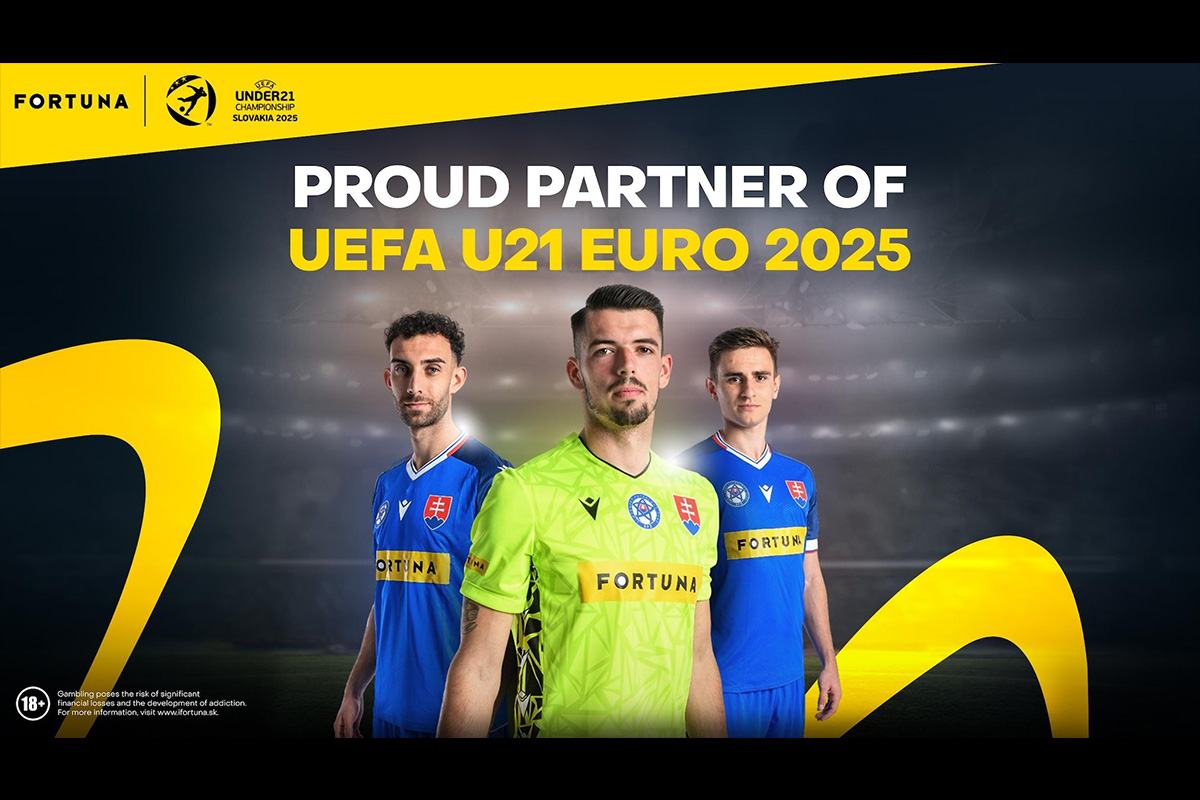
 Latest News3 months ago
Latest News3 months agoFortuna Partners with 2025 UEFA Under-21 EURO
-
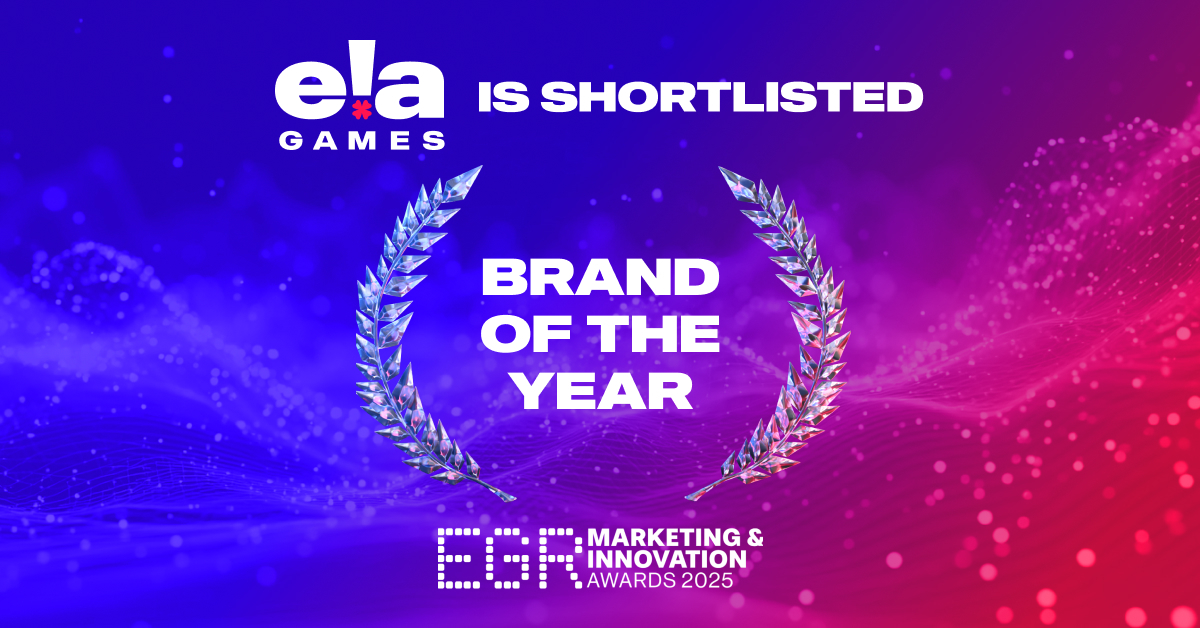
 Latest News2 months ago
Latest News2 months agoELA Games Receives Key Nomination at EGR Marketing & Innovation Awards
-
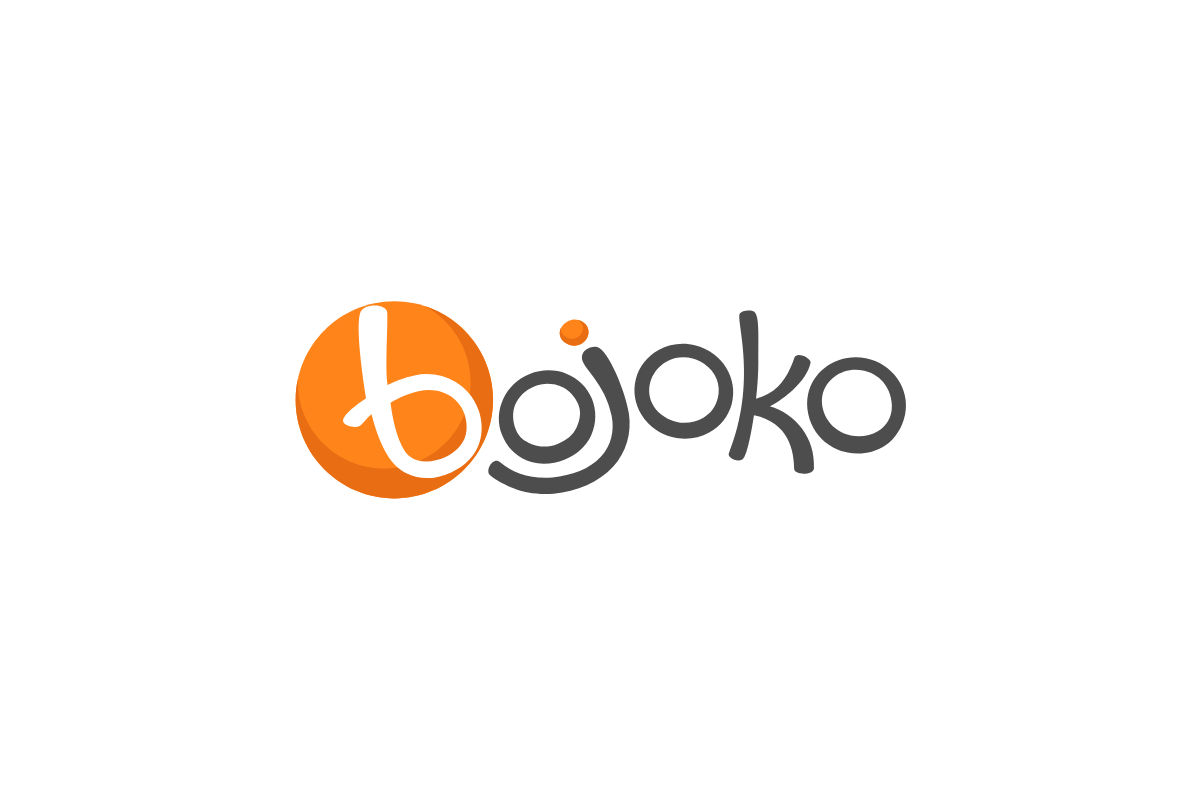
 Latest News3 months ago
Latest News3 months agoBojoko.com Surpasses €100 Million in All-Time Deposits Milestone
-

 Latest News3 months ago
Latest News3 months agoLeoVegas Group to Open a New Office in Leeds
-
Latest News2 months ago
LEGENDS by Fire & Ice: July 1st at The BOX Soho
-
Latest News1 month ago
New Resort & Casino Selects IvedaAI for Intelligent Video Surveillance Ahead of Grand Opening
-
Latest News1 month ago
HIPTHER Movement Launched: Fitness Community & Summer Run-Off Challenge Powered by GameOn


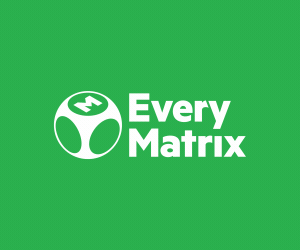



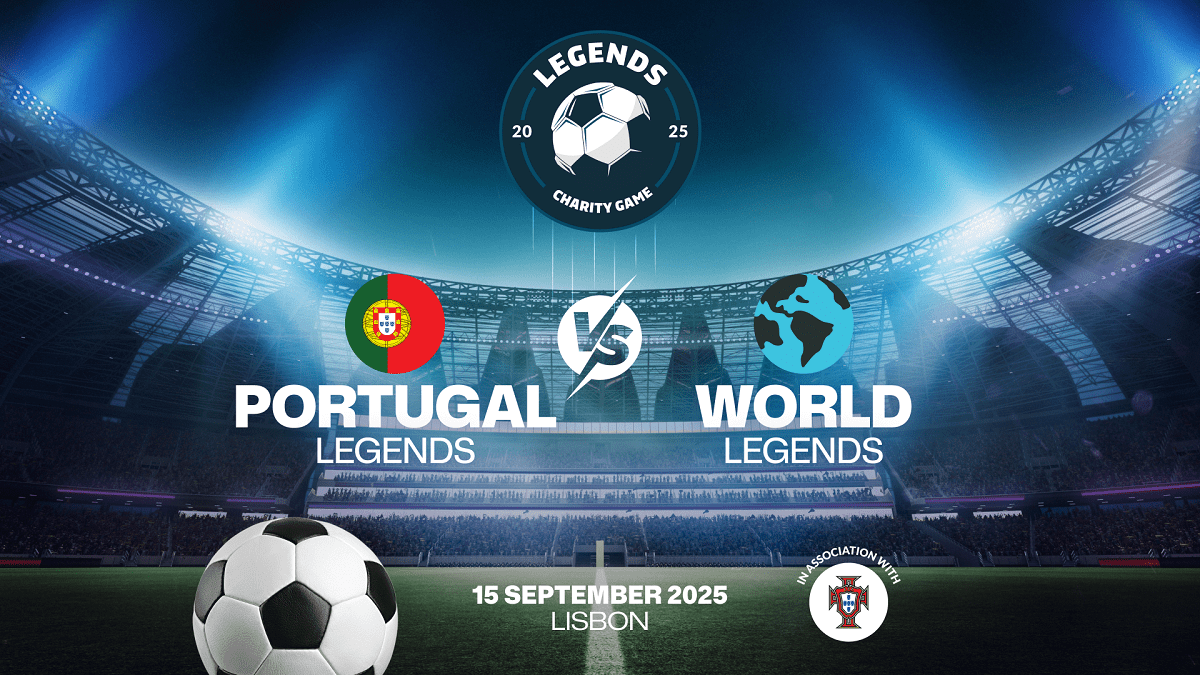
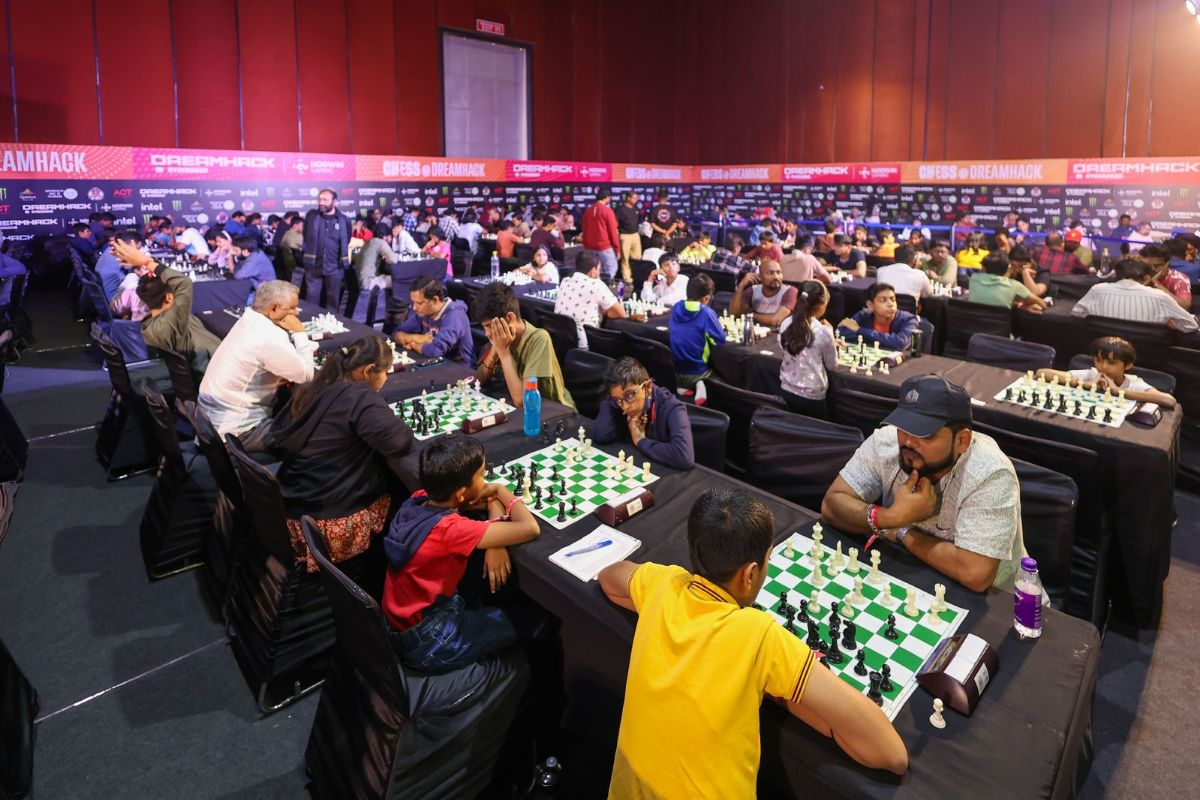
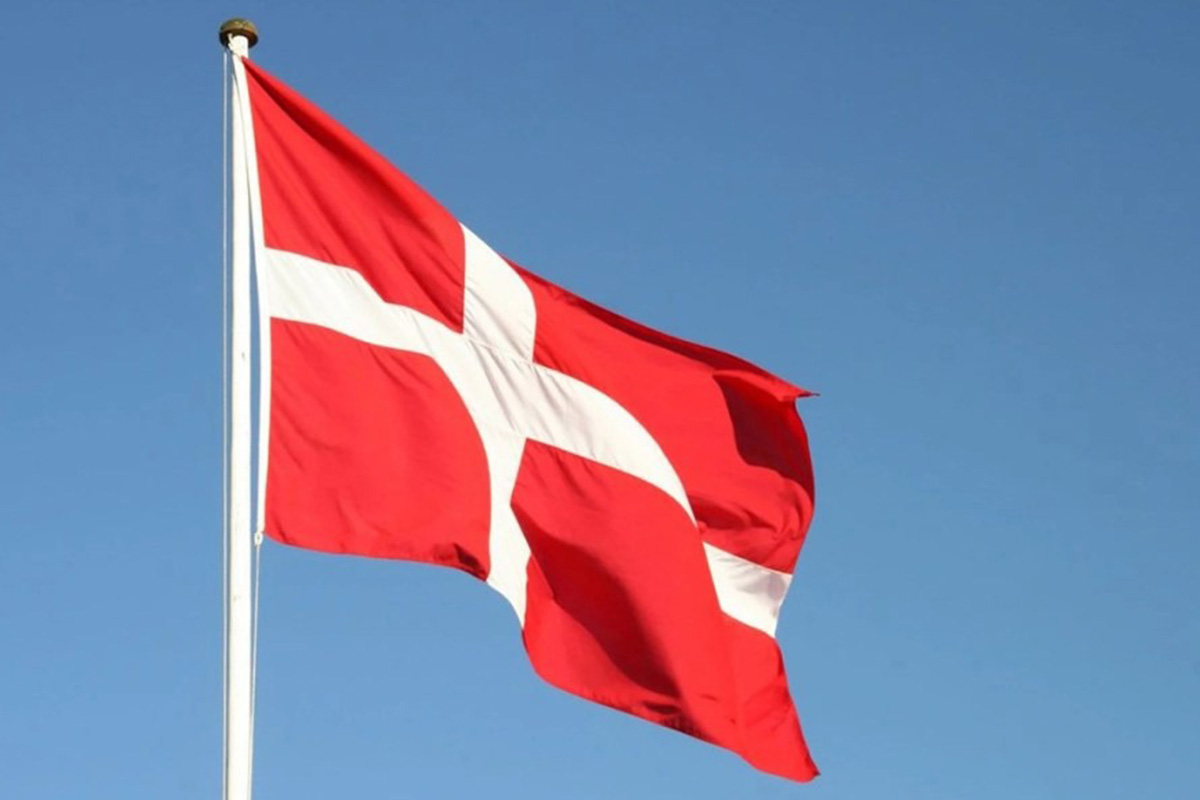
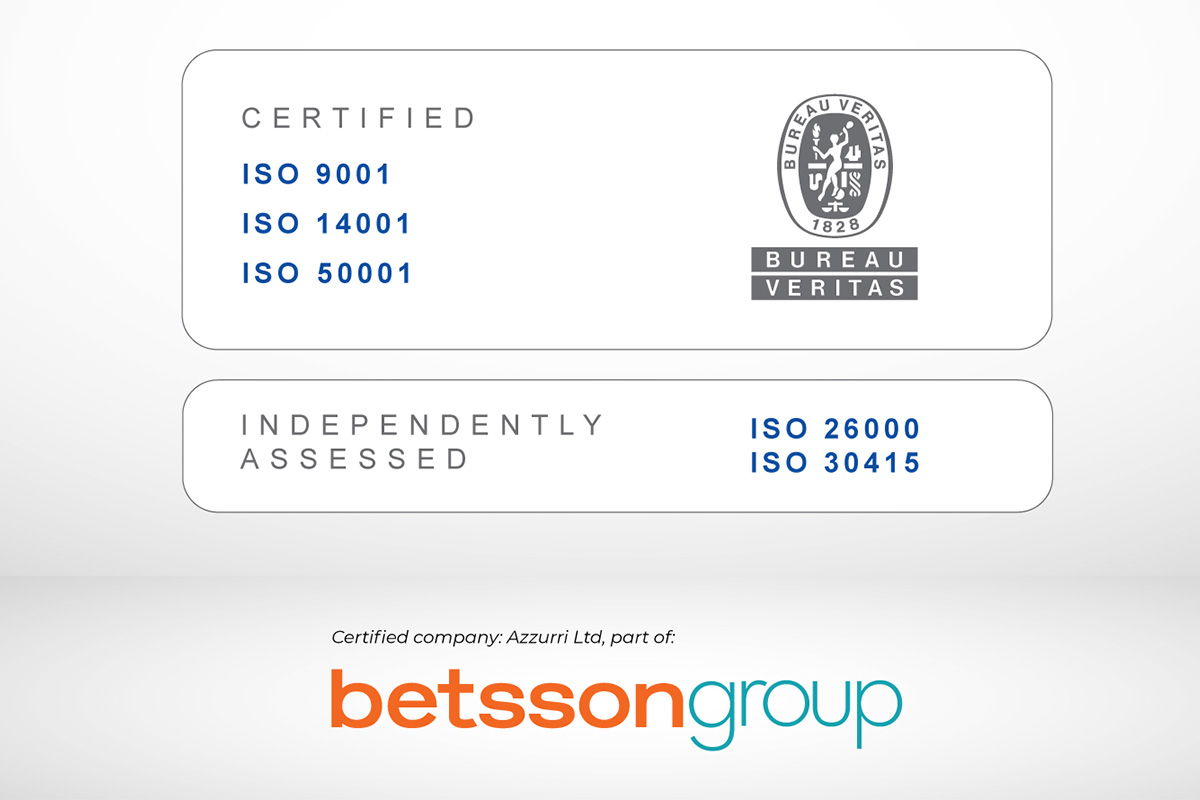
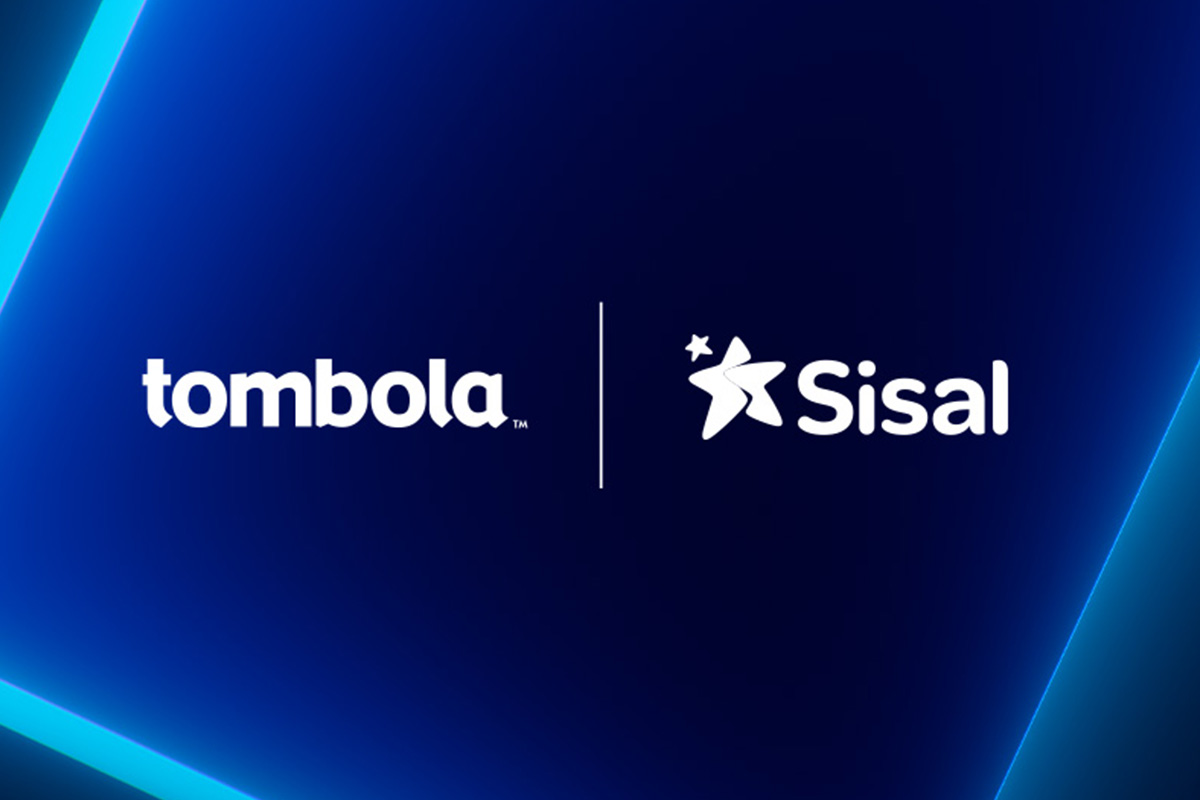

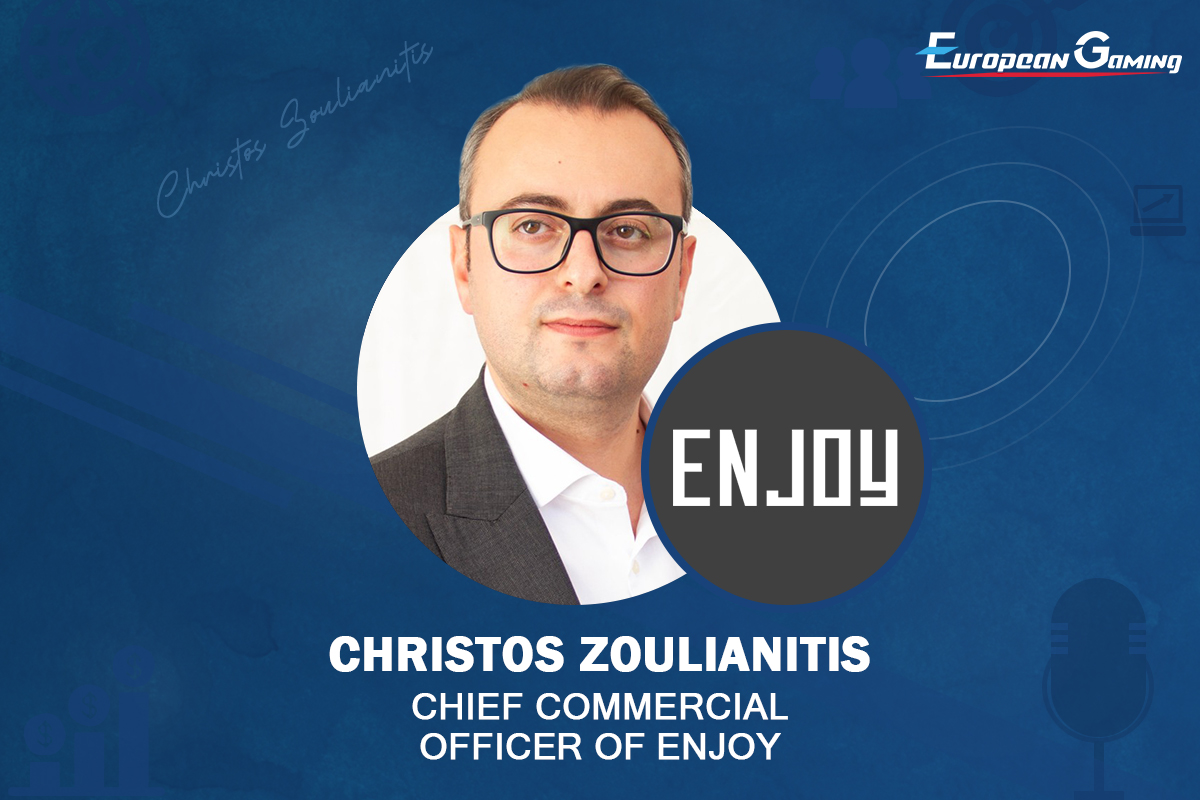

You must be logged in to post a comment Login